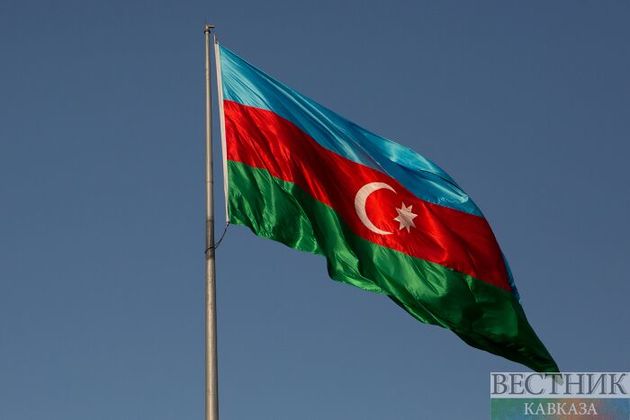The 30-year Karabakh war ended tonight. Two days after the official liberation of Shusha, a key city in Nagorno-Karabakh, Armenian Prime Minister Nikol Pashinyan announced the fulfillment of all the demands put forward by Azerbaijan to end hostilities and return to a peaceful settlement of the Nagorno-Karabakh conflict. Armenia surrendered and agreed to the withdrawal of troops from Kelbajar, Aghdam and Lachin regions.
The war ended with Russia's mediation: on the same night, shortly after Pashinyan announced his surrender, President Vladimir Putin voiced the post-war conditions for the South Caucasus: a complete ceasefire and a cessation of all hostilities in the zone of the Nagorno-Karabakh conflict shall be introduced at 00:00 hours Moscow time on 10 November 2020, Azerbaijan and Armenia stop at their current positions, Russian peacekeeping contingent will be deployed in parallel with the withdrawal of the Armenian armed forces, the exchange of prisoners of war and other detainees and bodies of the dead will be carried out, internally displaced persons and refugees will return to the territory of Nagorno-Karabakh and adjacent districts under the control of the United Nations High Commissioner for Refugees, all borders are unblocked with the assistance of Russian border guards.
According to the document signed by Vladimir Putin, President of Azerbaijan Ilham Aliyev and Nikol Pashinyan on ending the Karabakh war, Armenia undertakes to withdraw its troops from the Kelbajar region by November 15, from the Aghdam region and part of the Gazakh region - by November 20, and from Lachin region, with the exception of the transport corridor to Khankendi - until December 1. In addition, Yerevan undertakes to provide a transport corridor for connecting the western regions of Azerbaijan with the Nakhchivan Autonomous Republic, modern highways will be built on this section.
Along the contact line in Nagorno-Karabakh and along the Lachin corridor, Russia's peacekeeping contingent will be deployed in the amount of 1,960 military personnel with small arms, 90 armored personnel carriers, 380 units of automobile and special equipment.
Thus, the occupying forces of Armenia will remain only on part of the territories of the former NKAO of the AzSSR - Khankendi, Agder, Khojaly, Askeran, Khojavend, without any prospects for an attempt to conquer Azerbaijani lands around, since the Azerbaijani army now controls the dominant height - Shusha - next to Khankendi and all key positions along the new line of contact. The five-kilometer Lachin corridor will not allow the ideologists of the Karabakh occupation to imperceptibly pump Khankendi with weapons and soldiers, all Armenia's activity in Karabakh will now be under the full control of Azerbaijan with the participation of Russian peacekeepers.
From now on, it will be impossible to stop the peace process of the Nagorno-Karabakh conflict settlement, and it will proceed in the same direction of the territorial integrity of Azerbaijan. Moreover, the Armenian side, having lost on the battlefield, will no longer be able to drag out negotiations indefinitely: the aggressor country no longer has any resources to continue the war. The war is over, the time has come for the restoration of the territories destroyed by the occupation, the return of people expelled from their homes and a peaceful life.






